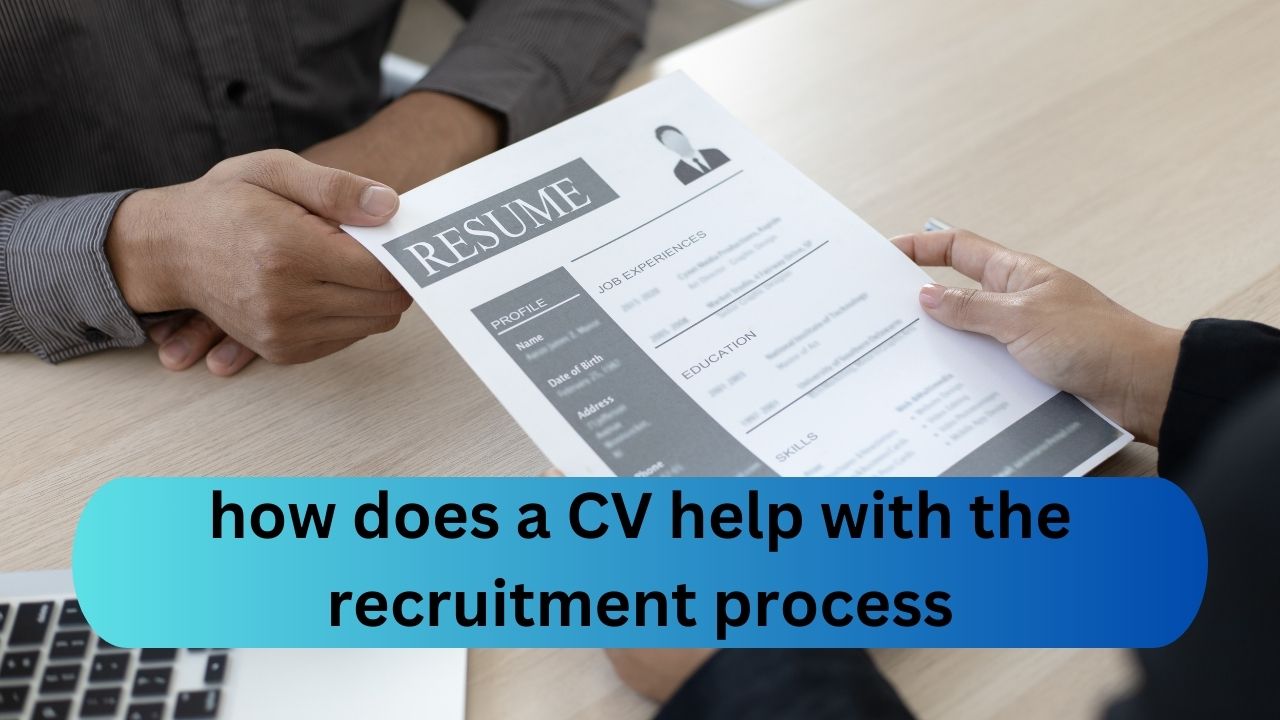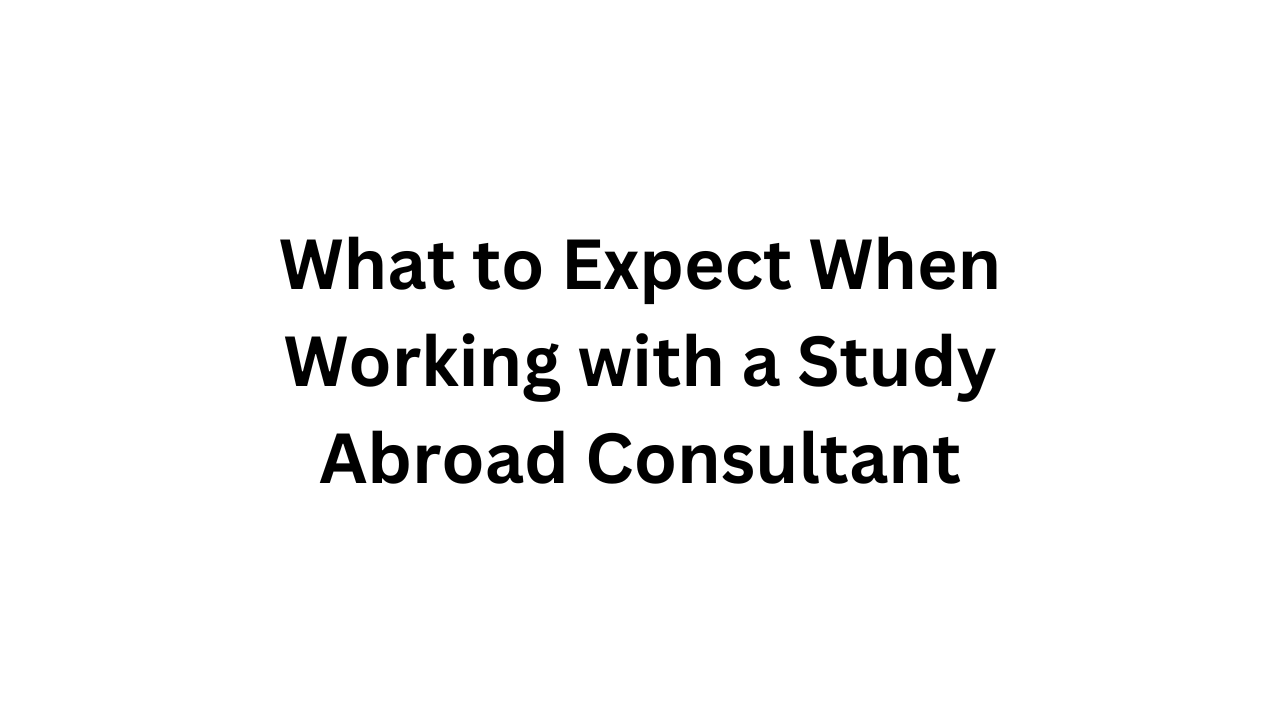Introduction
In today’s fast-paced job market, the humble CV (Curriculum Vitae) plays a pivotal role. But how does a CV help with the recruitment process? Whether you’re a fresh graduate looking for your first job or a seasoned professional aiming for a career shift, your CV is your ticket to the recruitment game. Let’s delve into the nitty-gritty of why this document is so crucial and how it can make or break your chances of getting hired.
What is a CV?
A CV, or Curriculum Vitae, is a detailed document that outlines your professional and academic achievements. It includes your work history, education, skills, and other pertinent information that showcases your qualifications for a job. Unlike a resume, which is typically a brief overview, a CV is often more comprehensive and can span multiple pages.
Key Components of a CV
- Contact Information: Your name, phone number, email address, and sometimes your LinkedIn profile.
- Professional Summary: A brief statement that highlights your key skills and career objectives.
- Work Experience: Detailed descriptions of your previous jobs, including responsibilities and achievements.
- Education: Information about your academic background, including degrees earned and institutions attended.
- Skills: A list of relevant skills, both hard and soft, that make you a suitable candidate.
- Certifications and Awards: Any additional qualifications or recognitions that set you apart.
- Publications and Presentations: If applicable, details about any professional publications or presentations.
The Role of a CV in the Recruitment Process
First Impressions Matter
Your CV is often the first point of contact between you and a potential employer. It’s your chance to make a great first impression. A well-structured CV can pique the interest of recruiters, making them want to learn more about you. On the flip side, a poorly formatted CV can send your application straight to the reject pile.
Screening and Shortlisting
Recruiters receive hundreds, sometimes thousands, of applications for a single position. To manage this influx, they use CVs to screen and shortlist candidates. Here’s how:
- Keyword Matching: Many companies use Applicant Tracking Systems (ATS) to filter CVs based on specific keywords related to the job description. Including relevant keywords in your CV can significantly increase your chances of getting noticed.
- Quick Scan: Recruiters typically spend just a few seconds scanning each CV. They look for key information such as job titles, qualifications, and relevant experience. A well-organized CV makes it easier for them to quickly assess your suitability for the role.
Detailed Assessment
Once you’ve made it past the initial screening, your CV undergoes a more detailed assessment. Recruiters will examine your work experience, skills, and achievements to determine if you’re a good fit for the position. They’ll look for evidence of your abilities, such as quantifiable accomplishments and relevant experience.
Interview Preparation
Your CV doesn’t just help you get an interview; it also serves as a reference during the interview itself. Interviewers will often base their questions on the information provided in your CV. Being familiar with the content of your CV and being able to elaborate on it confidently can give you an edge during the interview.
Crafting an Effective CV
Tailor Your CV to the Job
One of the most effective strategies for creating a standout CV is to tailor it to the specific job you’re applying for. This means highlighting the experience and skills that are most relevant to the position. Customizing your CV shows recruiters that you’ve put in the effort to understand the job requirements and that you’re genuinely interested in the role.
Keep It Clear and Concise
While a CV is typically more detailed than a resume, it’s still important to keep it clear and concise. Avoid unnecessary jargon and focus on straightforwardly presenting your information. Use bullet points and headings to make your CV easy to navigate.
Highlight Achievements
Rather than just listing your job duties, focus on your achievements. Quantifiable accomplishments, such as “Increased sales by 20%” or “Managed a team of 10,” can provide concrete evidence of your capabilities and make your CV stand out.
Use Action Words
Start your bullet points with strong action verbs like “Developed,” “Implemented,” “Led,” and “Achieved.” This not only makes your CV more dynamic but also helps to communicate your role and contributions.
For More Blog – Basic Infohub
Common CV Mistakes to Avoid
Even a minor mistake on your CV can derail your job application. Here are some common pitfalls to watch out for:
- Spelling and Grammar Errors: These can make you appear careless. Always proofread your CV or ask someone else to review it.
- Too Much Information: Including every job you’ve ever had can overwhelm recruiters. Focus on the most relevant experience.
- Lack of Keywords: If your CV doesn’t include the keywords from the job description, it might not make it past the ATS.
- Unprofessional Email Address: Using a quirky or outdated email address can come off as unprofessional. Stick to a simple format, ideally with your name.
FAQs
How long should my CV be?
For most professionals, a CV should be one to two pages long. However, if you have extensive experience or are applying for a senior position, a longer CV may be appropriate.
Should I include a photo on my CV?
In some countries, including a photo is standard practice, while in others, it’s not recommended. Check the norms in your industry and region.
How often should I update my CV?
It’s a good idea to update your CV regularly, especially when you acquire new skills or experience. Keeping it current ensures you’re always ready to apply for new opportunities.
Can I use the same CV for different job applications?
While you can use a base CV, it’s crucial to tailor it to each job application. Highlight the skills and experience that are most relevant to the position you’re applying for.
Conclusion
So, how does a CV help with the recruitment process? It’s your first impression, your foot in the door, and your chance to showcase your qualifications. A well-crafted CV can help you stand out in a crowded job market, get through the initial screening process, and set the stage for a successful interview. Remember to tailor your CV to each job, highlight your achievements, and avoid common mistakes. With these tips in mind, you’ll be well on your way to landing your next job!
A CV isn’t just a document; it’s your marketing tool. Make sure it reflects the best version of you and aligns with the job you’re aiming for. Happy job hunting!


